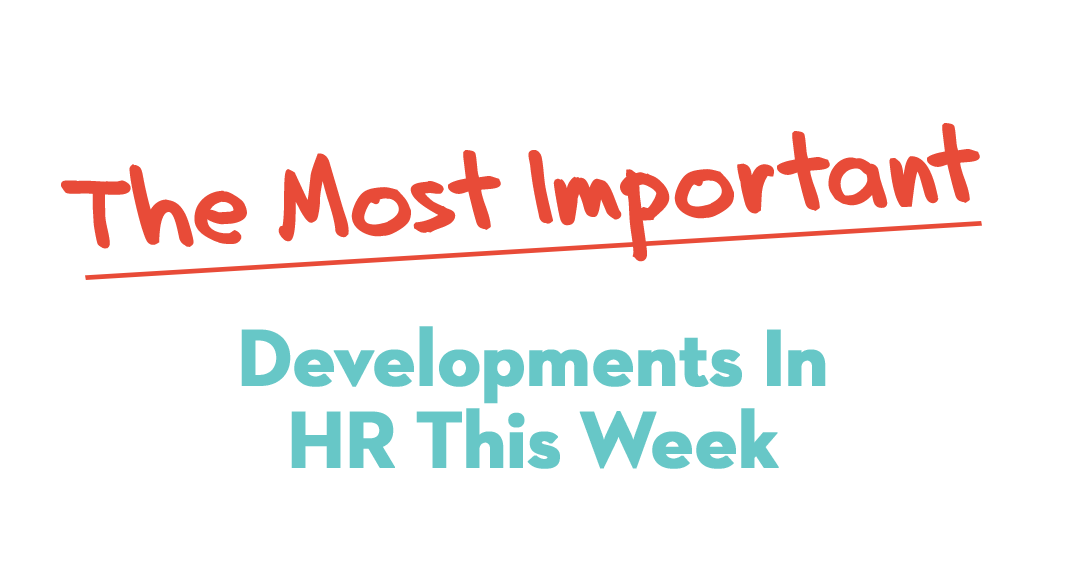
Nearly 200 chief executives, including the leaders of Apple, Pepsi, and Walmart, tried on Monday to redefine the role of business in society — and how companies are perceived by an increasingly skeptical public. Breaking with decades of long-held corporate orthodoxy, the Business Roundtable issued a statement on “the purpose of a corporation,” arguing that companies should no longer advance only the interests of shareholders. Instead, the group said, they must also invest in their employees, protect the environment, and deal fairly and ethically with their suppliers. The shift comes at a moment of increasing distress in corporate America, as big companies face mounting global discontent over income inequality, harmful products, and poor working conditions. The New York Times
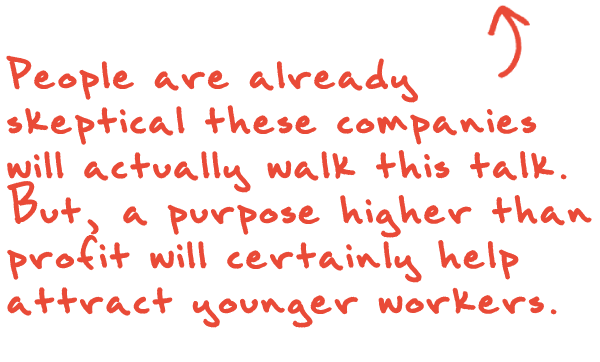
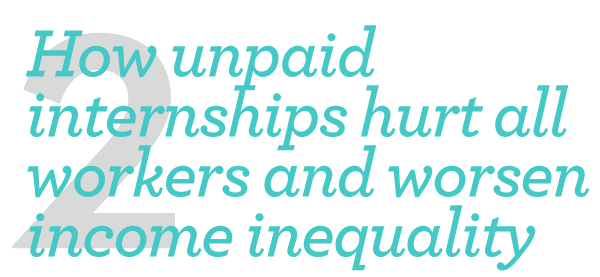
Unpaid internships have long been criticized for favoring privileged students who can afford them while other students face down a record high of $1.6 trillion in student loan debt and are expected to pad their résumé with unpaid work experience to make themselves more appealing to employers. When middle-class or low-income students can’t afford to be cheap labor, those unpaid internships effectively shut them out of their desired career paths — while opening doors for privileged students who already have a leg up. The legality of unpaid internships has always been murky. But the conversation around unpaid internships has shifted in the last decade, as a slew of media and entertainment companies — Fox Searchlight Pictures, Hearst, Condé Nast, Warner Music, and NBCUniversal — have been slapped with lawsuits from unpaid or underpaid interns. Fast Company
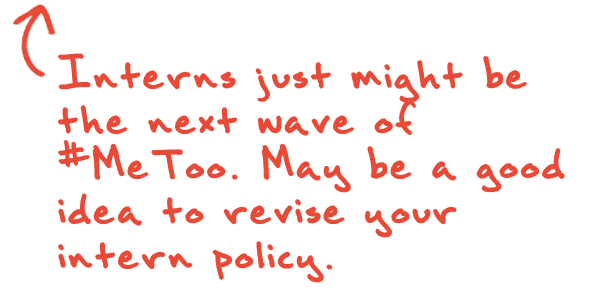
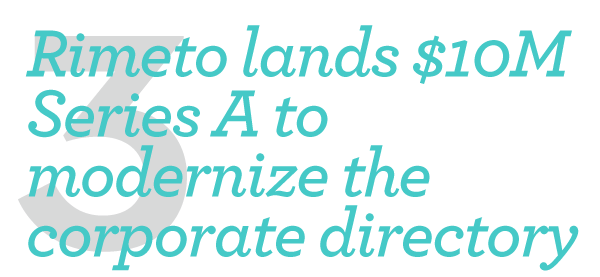
The notion of the corporate directory has been around for many years, but in a time of more frequent turnover and shifting responsibilities, the founders of Rimeto, a three-year-old San Francisco startup, wanted to update it to reflect those changes. Today, the company announced a $10 million Series A investment from USVP, Bow Capital, Floodgate, and Ray Dalio, founder of Bridgewater Associates. Co-founder Ted Zagat (formerly of Facebook) says that the founders observed shifting workplace demographics and changes in the way people work. They believed it required a better way to locate people inside large organizations, which typically used homegrown methods or relied on Outlook or other corporate email systems. It of course includes a name, title, email, and phone like the basic corporate system, but it goes beyond that to find areas of expertise, projects the person is working on, and other details that can help you find the right contact when you’re searching the directory. TechCrunch
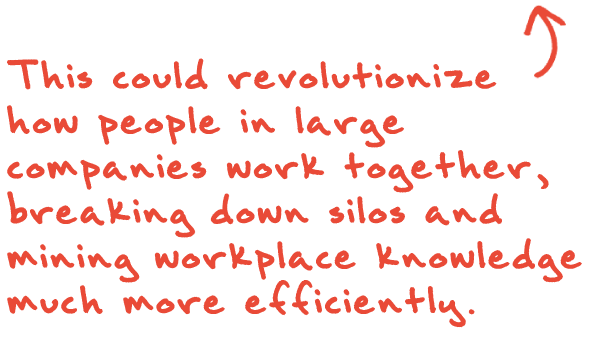
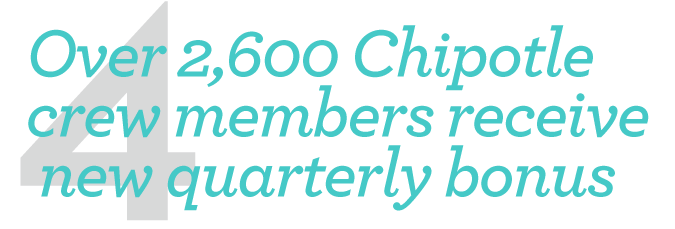
More than 2,600 Chipotle employees across 135 restaurants qualified to earn up to an extra week of pay each quarter as a result of its newly announced crew bonus program. If restaurant teams meet certain criteria (sales, cashflow, and throughput goals) every quarter, they’ll earn up to an extra month’s pay each year. “It’s paying off,” said Marissa Andrada, Chief People Officer of Chipotle. “It’s exciting to see how many locations qualified and the high level of engagement from our restaurant teams.” PR Newswire
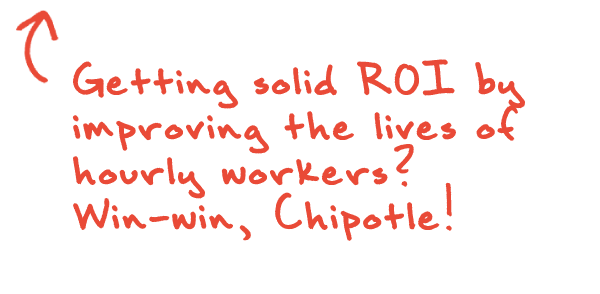

How can a business keep clients satisfied? The answer, according to a recent study, is to treat employees well. Glassdoor studied the link between employee satisfaction, based on its own ratings, and the American Customer Satisfaction Index, a benchmark gauge of shoppers’ sentiment. A one-point improvement in Glassdoor’s rating (on a five-point scale) translated into a statistically significant 1.3-point increase in customer satisfaction (rated from zero to 100). The Economist







